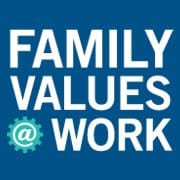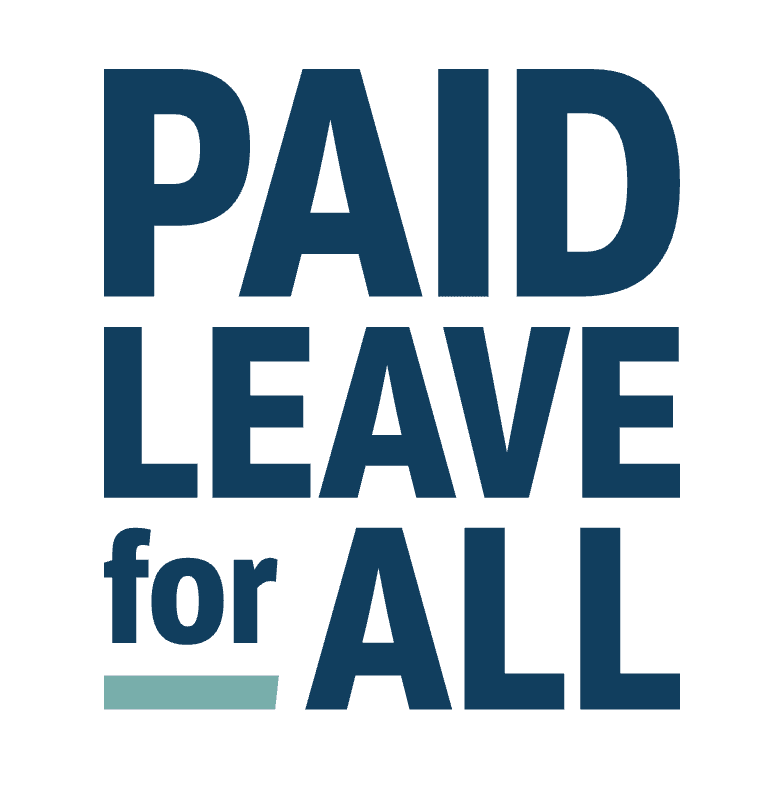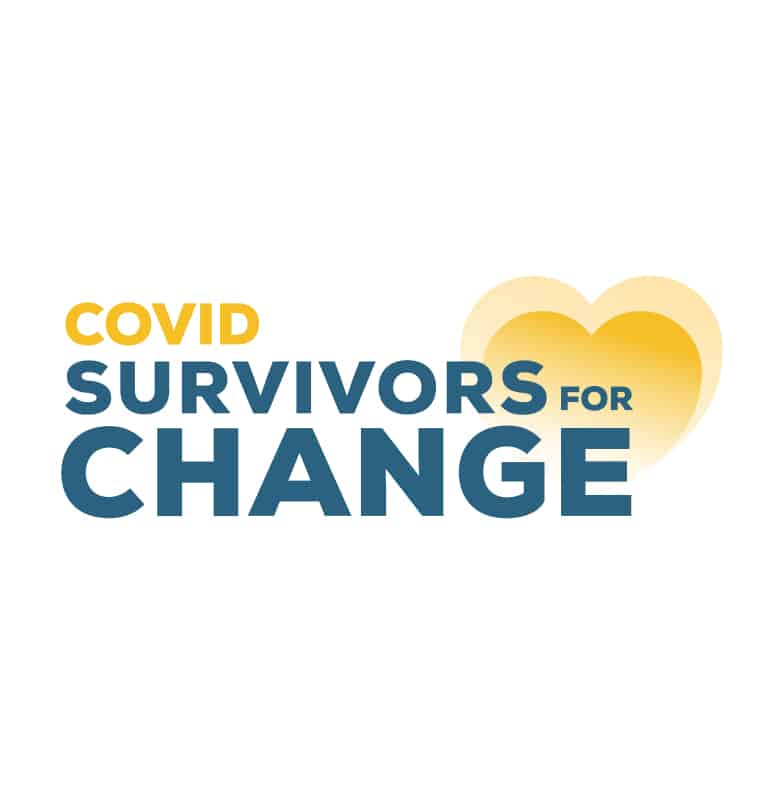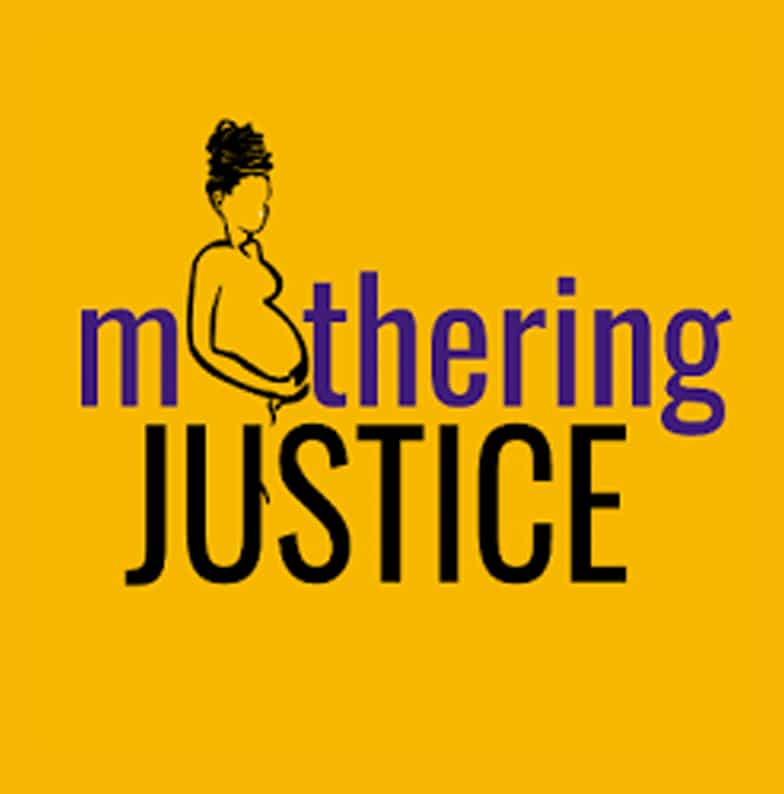#TimeToCare
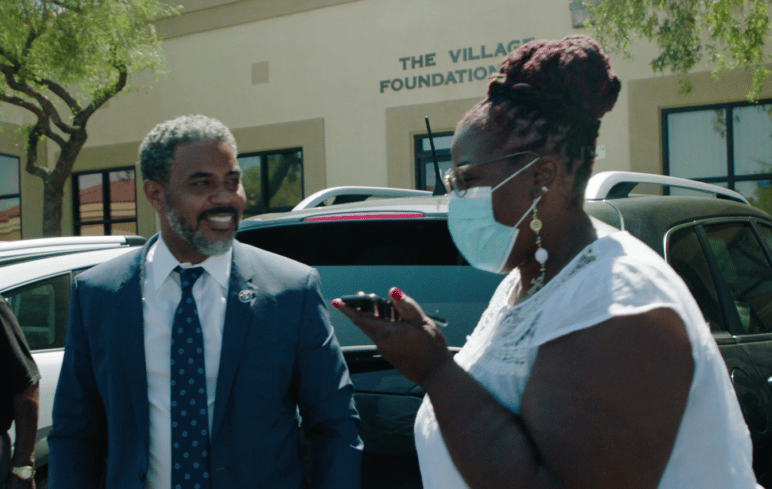
TikTok Users Take on Paid Leave
The pandemic heightened awareness that we all need time to care — and that most of us can’t afford it. Ky Dickens, the award-winning director of Zero Weeks, discovered an interest in an unexpected place: TikTok. The more she looked, the more she found people with zero tolerance for zero weeks of paid leave and an appetite for activism.
Watch the #TimeToCare trailer:
About #TimeToCare

Ky Dickens
#TimeToCare is the eighth documentary by Ky Dickens, who has a track record for creating poignant work known for shifting policy and public opinion. She was inspired to make films about paid leave after facing financial duress, emotional turmoil and guilt due to a lack of paid leave after the birth of her first child.
Ky met on Zoom with TikTok users like Sarah in Florida, a young woman caring for a dad with dementia. The filmmaker was able to travel to meet several others: Grant, a veteran in Virginia who struggled to recover from intestinal surgery alone because his wife had no paid leave; Tameka, a community garden employee in Nevada who faced paydays with no pay while she and her two daughters fought COVID; and Lydia, a pregnant educator in Texas whose job offers no paid time to bond with a newborn.
Together they reach nearly 3 million people on TikTok. Each of them is using social media to advocate for affordable time to care.
Featured Families

Tameka Henry
When this mother and her two daughters contracted COVID and lost a month of income, she expanded her activism for paid leave to include TikTok.

Grant Khanbalinov
Navy veteran, father, husband, and Crohn’s disease and suicide awareness advocate, Grant understands the urgent need for paid family and medical leave.

Sarah Clements
Sarah is a veteran and MBA student who shares her story of caring for her father who suffers from dementia.

Lydia Delgado
As Lydia and her husband – both educators – prepare for their first baby, they examine their options for paid leave.
Get The Facts
- Most Americans agree that family comes first. No matter where you work or what zip code you live in, you should be able to welcome a new child, care for a parent with dementia, a loved one with a serious medical condition or your own battle with COVID without facing financial disaster.
- Yet in 2021, only 21 percent of private sector workers in the U.S. reported having paid family leave through an employer; only 40 percent have personal medical leave through an employer-provided temporary disability program.
- The United States and Papua New Guinea are the only countries in the world without a paid leave law.
- 44 percent of American households don’t have enough savings to cover three months of basic expenses, families are often forced to choose between taking time to care for a loved one with an unexpected medical emergency or continuing to work so that they can keep their job and health insurance. Millions delay their own treatment or cut it short.
- The crisis is bleak for new mothers: nearly 1 in 4 mothers return to work within two weeks of having a baby.
- Nearly 42 million U.S. adults are providing informal support and services to someone age 50 or older. More than one in ten say they can’t afford basic needs such as food. [Or family caregivers contribute at least $470 billion worth of free labor to the economy each year.]
It’s #TimeToCare — and you can help!
Spread the word by hosting a sneak peek watch party or screening. We’ll provide the film at no charge. Just submit a screening request here. Here is a toolkit with everything you need to know about setting up a screening and having a great discussion afterward. Sneak peek screening of the film is being made available free of cost. If you’d like to support the work to win time to care for everyone, you can make a donation here.
Partners
Thanks to all the partners who dedicated time to the creation of this film:
“We can’t have a strong economy if we have millions of people working as full-time caregivers and making so little that they are still living in poverty. We can’t have a strong economy when we have millions of other people dropping out of the workforce to take care of elderly loved ones.”
— Secretary of Commerce Gina Raimondo
